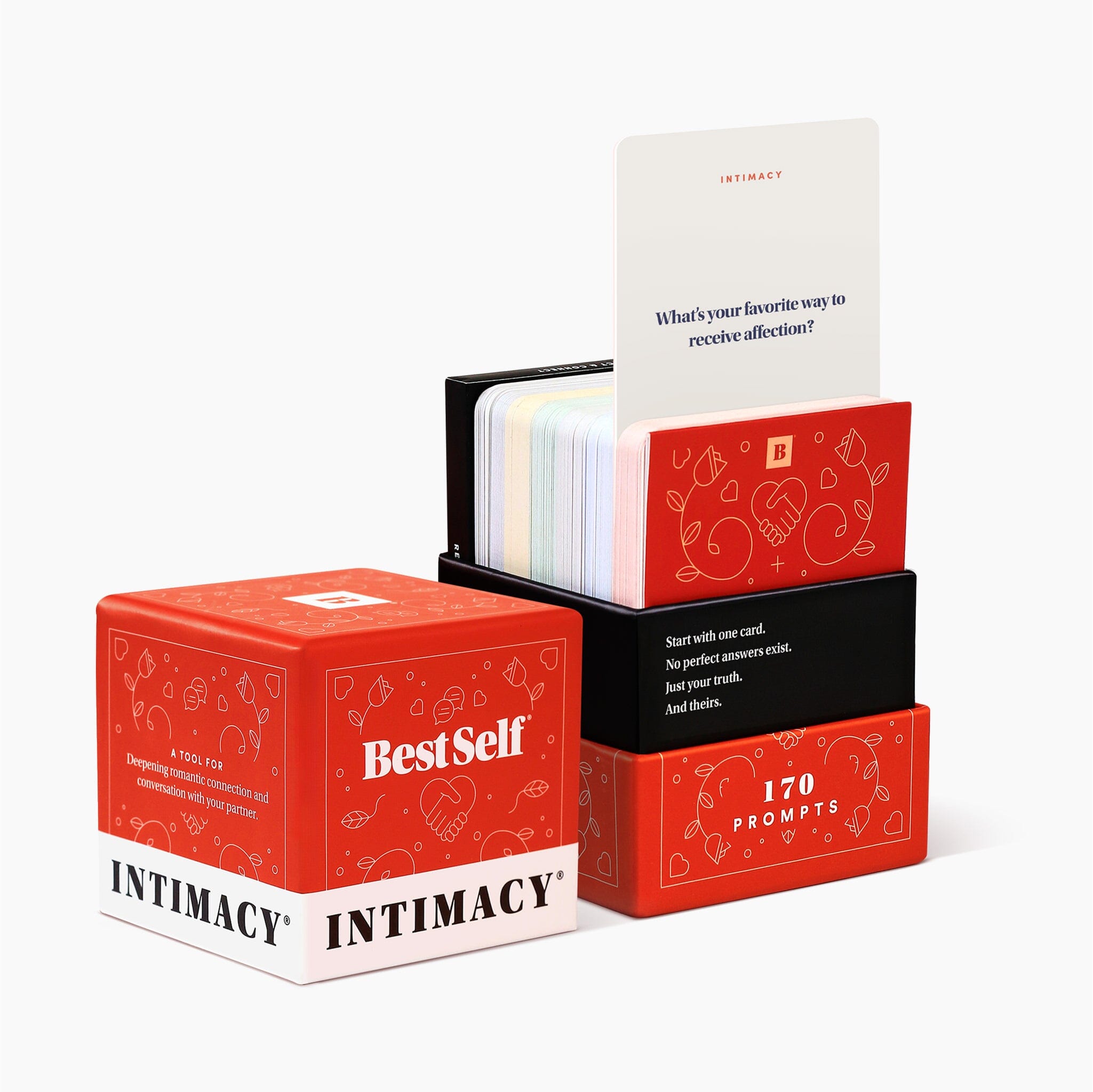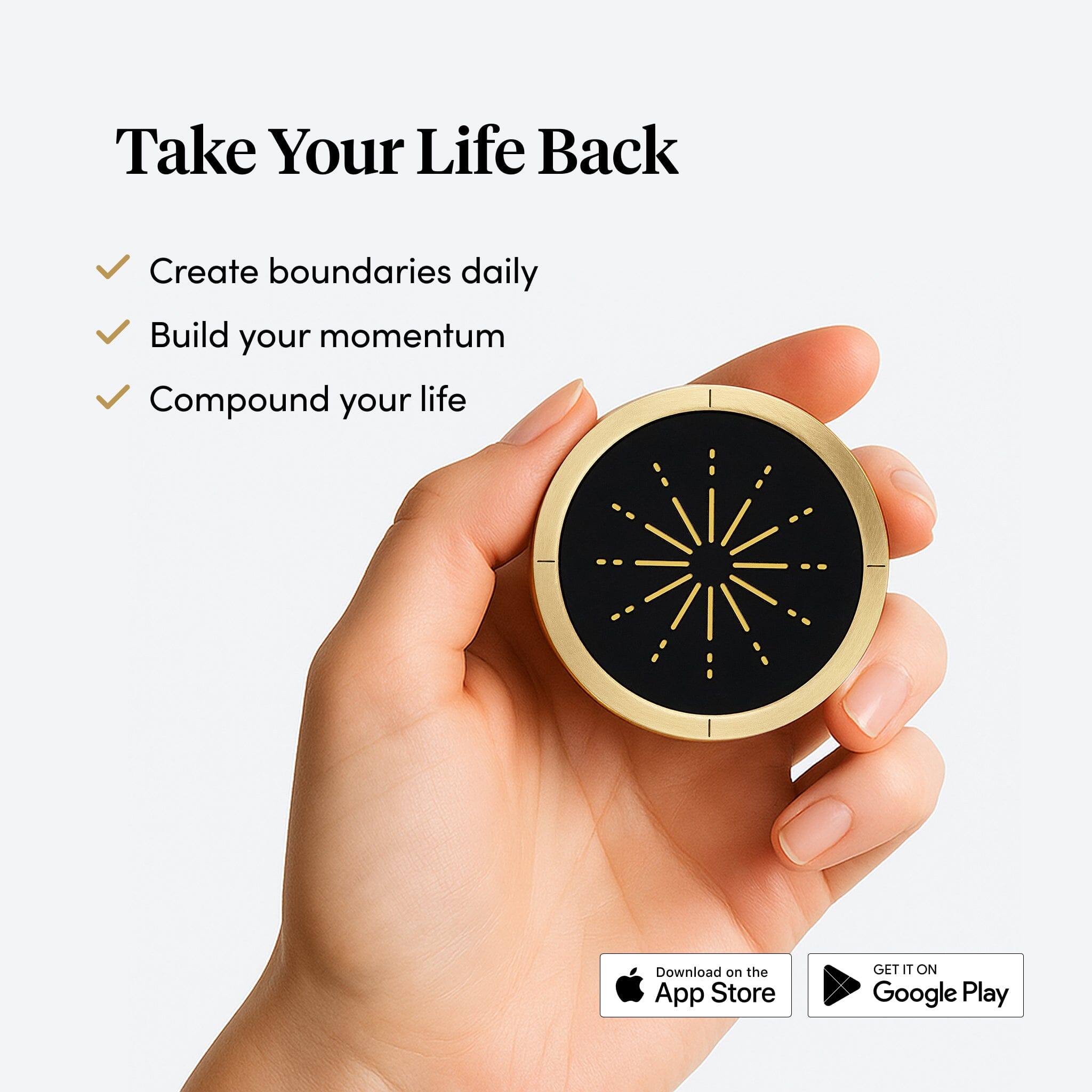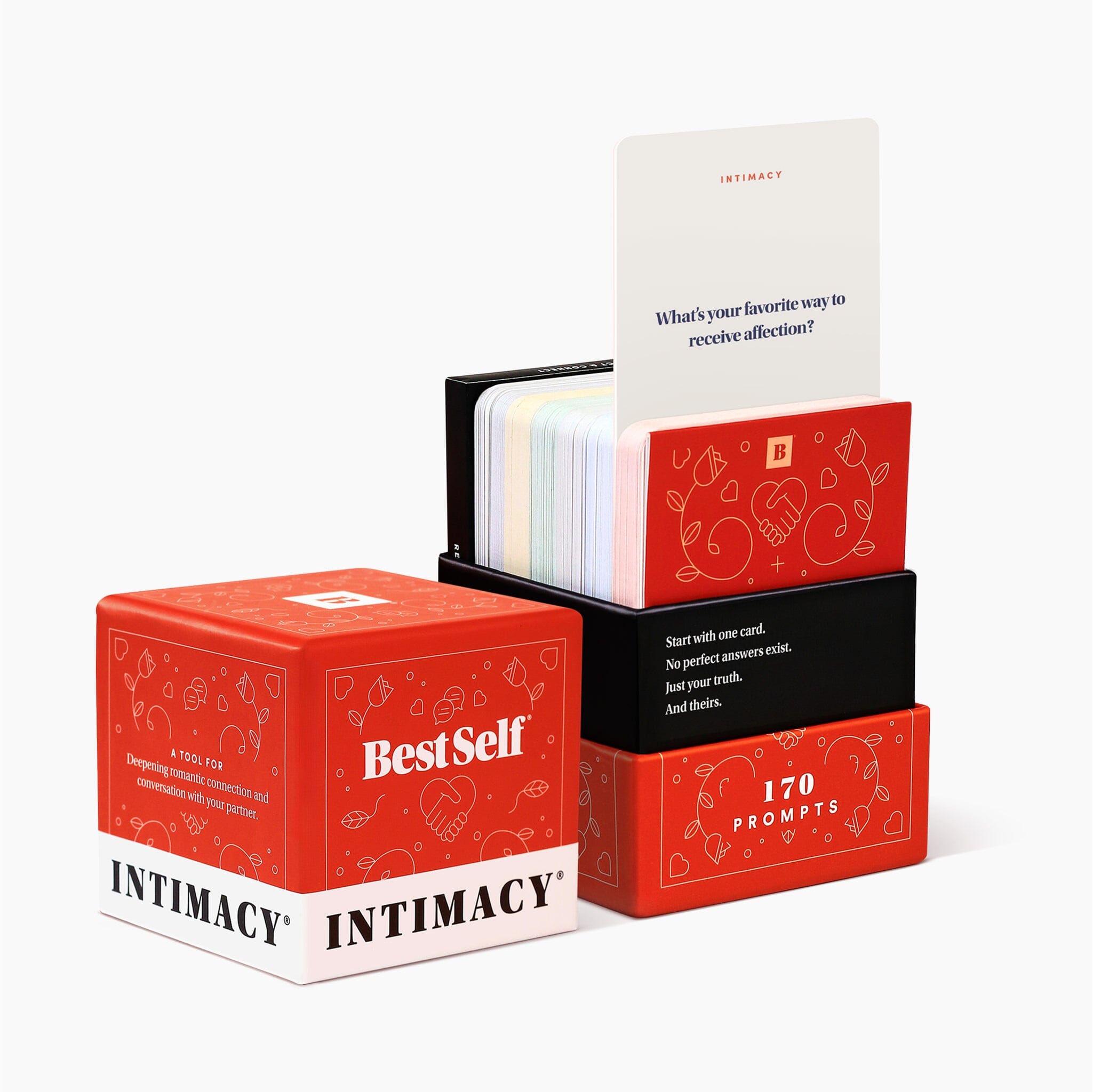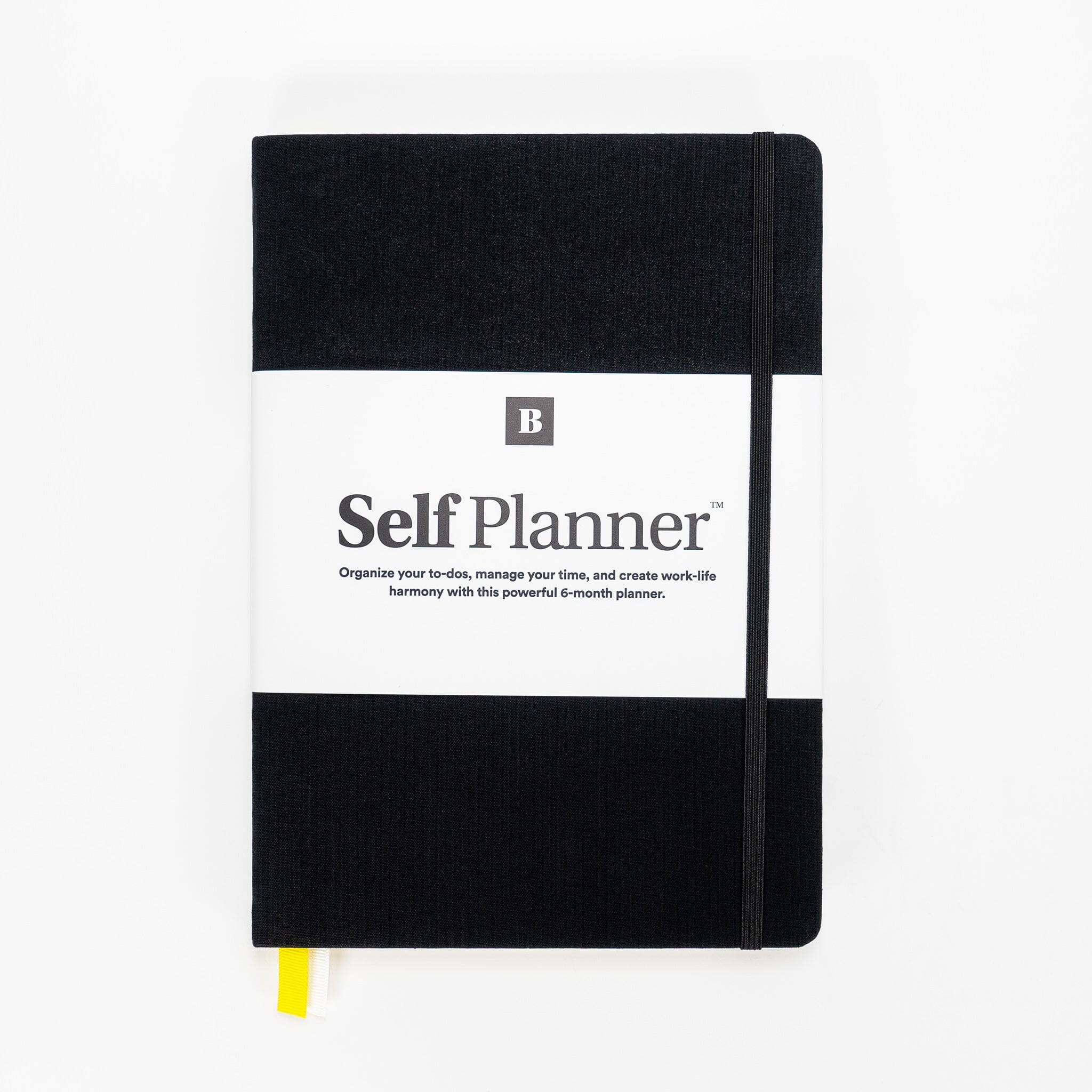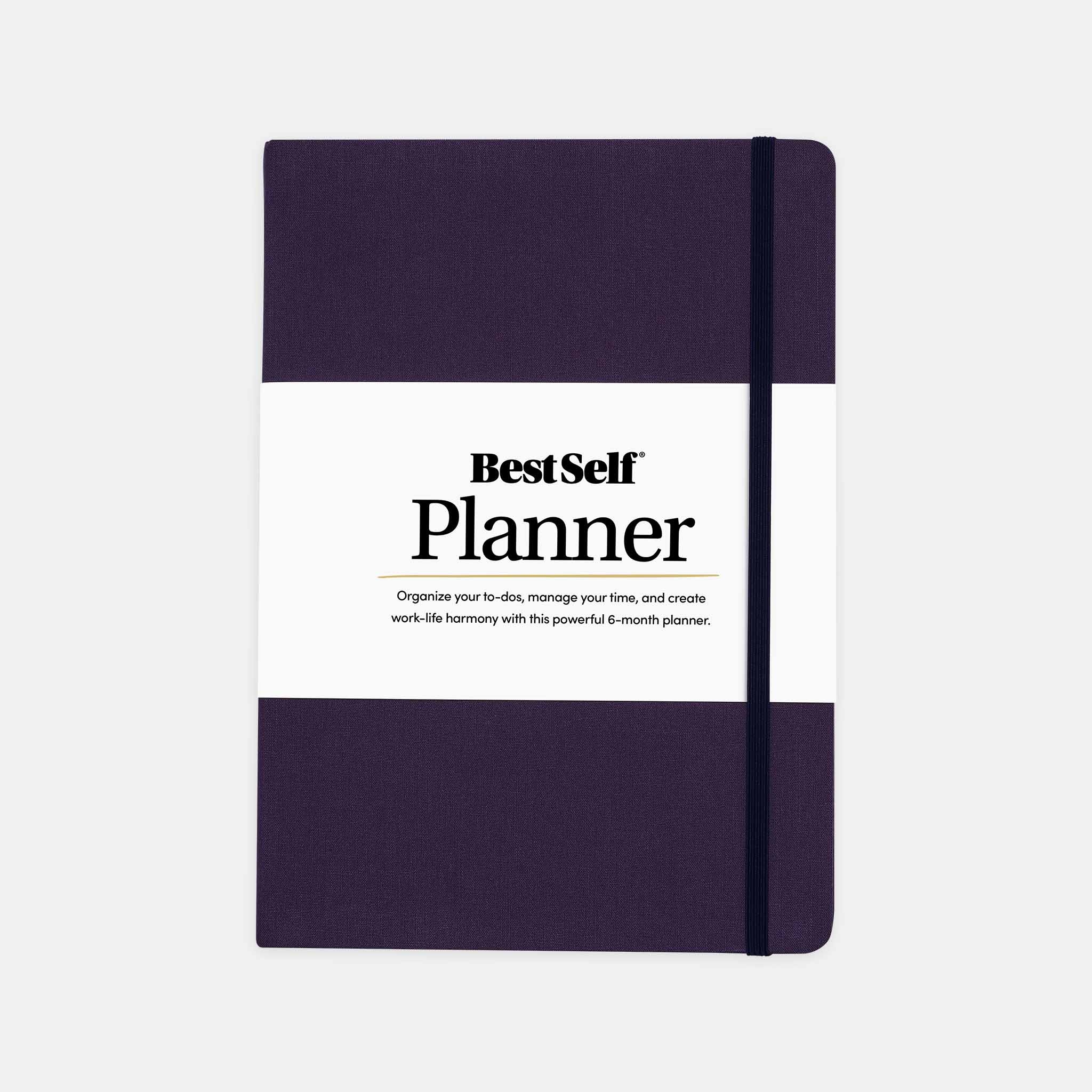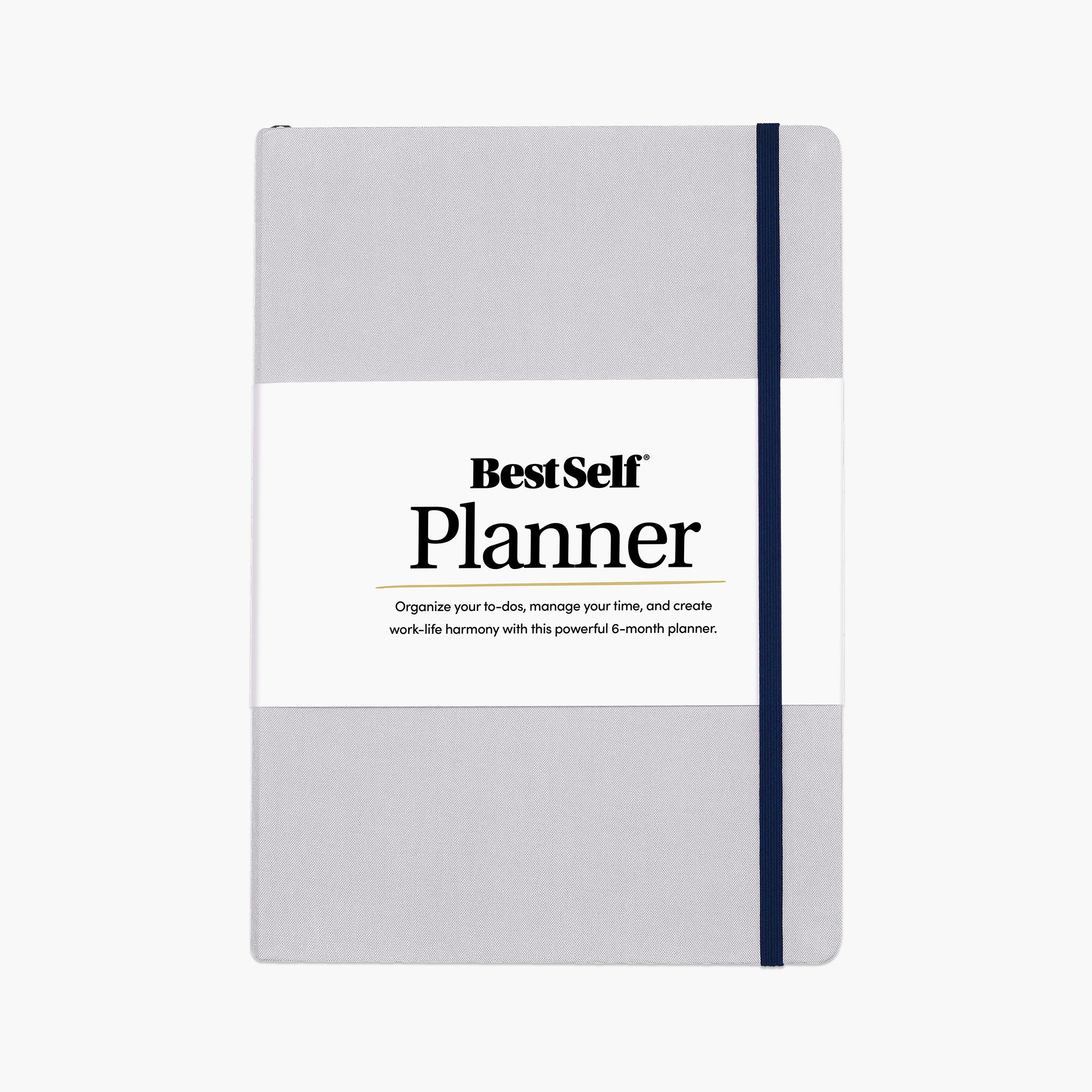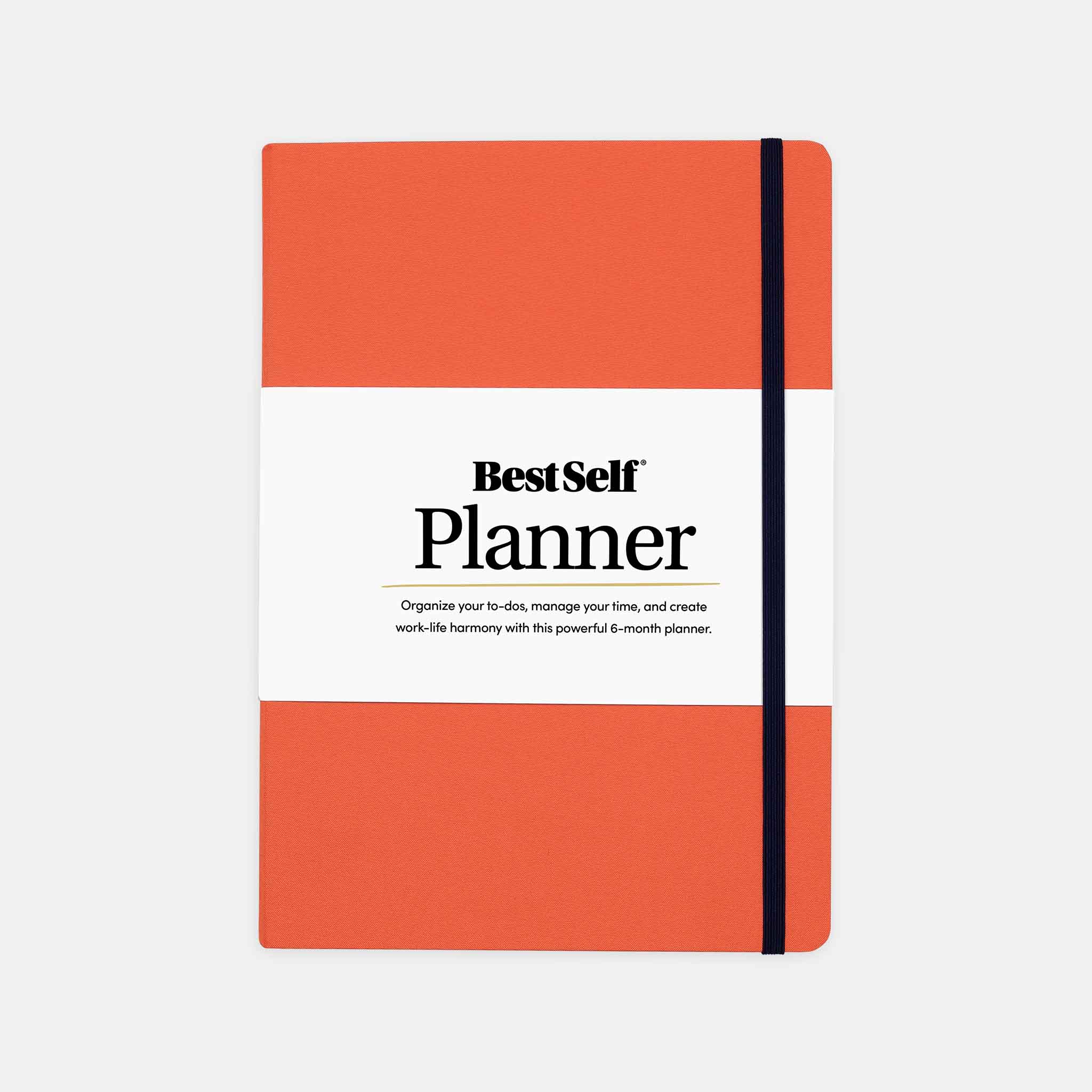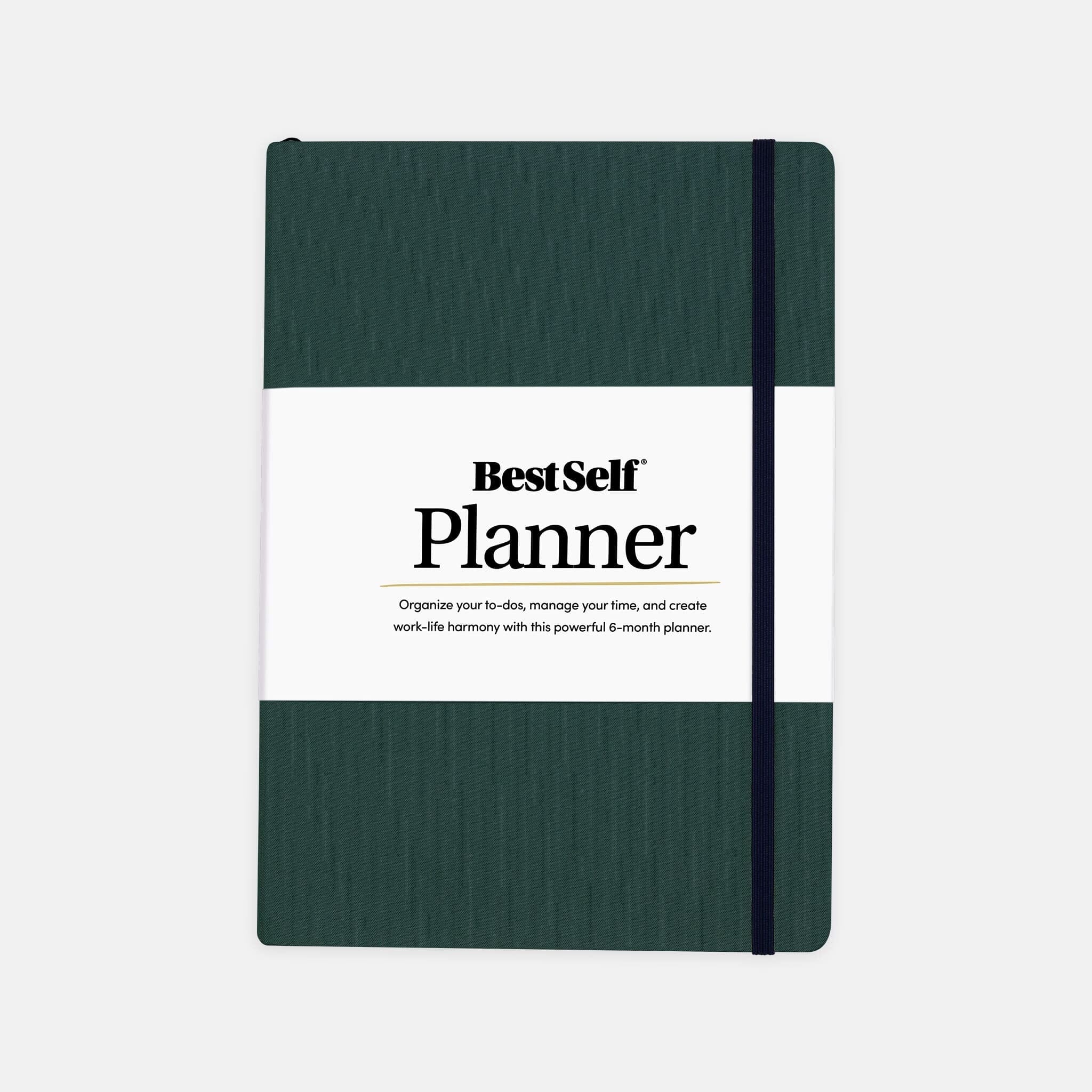Feeling overwhelmed, unhappy and stressed are common feelings experienced by most adults these days. There’s so much going on that it seems impossible to achieve peace of mind.
People juggle numerous and sometimes conflicting priorities: the need to improve performance at work, spend quality time with family, exercise, keep the house clean, run errands, nurture friendships, read books, volunteer in their community, meditate, keep on top of emails -- the list goes on.
Then there are the unexpected distractions: people dropping by the office at work, family members asking for help with chores and errands, friends reaching out to make plans or ask for help, and the constant onslaught of news and media messages and advertisements.
Unfortunately, most of these distractions stand in the way of personal wellness, which is the state of being in and striving for good health. Although wellness is often conflated with physical health, there are actually 7 dimensions of wellness:
- Physical Wellness
- Emotional Wellness
- Social Wellness
- Intellectual Wellness
- Spiritual Wellness
- Environmental Wellness
- Occupational Wellness
If you want to live a healthy and happy life with low levels of emotional and physical stress, you must strive to nurture and balance each of the 7 dimensions of wellness.
It may seem daunting on top of all of the other demands on your time and attention, but it is possible to improve each aspect by making small changes to your current lifestyle.

The 7 Dimensions of Wellness:
1. Physical Wellness
Physical wellness refers, of course, to your body’s health. It is extremely important to strive for optimal physical wellness because the effects go beyond your body and impact your mind, emotions and overall well-being.
Attaining physical wellness allows you to engage in a slew of physical activities, which provide more opportunities for enjoyment. You’ll also be able to perform day-to-day activities, errands, and chores easier. And you’ll likely appreciate the way your body looks, performs, and feels.
But physical activity does more than keep your body in shape. It helps your memory and overall cognitive performance, too. Many studies suggest that the prefrontal cortex and medial temporal cortex—which control thinking and memory—are larger in people who exercise versus those who don’t. Additionally, when your body is put through intense exercise, it releases endorphins, which are chemicals that reduce stress and anxiety and improve self-esteem and sleep, among many other benefits.
If you want to achieve optimal physical wellness, follow the following guidelines:
- Monitor nutrient intake. Use a macronutrient calculator to determine how many calories you should eat every day and do your best to hit those numbers. Also, maintain a balanced diet, limit alcohol intake, reject unhealthy drugs, and spend time in the sunlight each day.
- Exercise. Even exercising for 20 minutes every day will produce considerable benefits. A combination of strength training and cardiovascular exercise is ideal.
- Pay attention to your body. Get regular checkups. If you’re experiencing pain or something doesn’t feel right, go to the doctor. Learn to listen to your body and identify the signals that it is sending you. When something is wrong, instead of powering through, do your best to resolve the issues.
- Get adequate sleep. Growth and nourishment are only attainable if you allow your body to properly recover. Strive to get between seven and nine hours of sleep every night to ensure you get enough rest.
Physical wellness is possibly the most important dimension to get right. Improve your physical well-being and you’ll notice a substantial improvement in your overall health and wellness.
2. Emotional Wellness
Emotional wellness pertains to your ability to recognize, process, and express your different emotions.
Emotions are signals from your brain and body to your conscious mind that indicate how certain situations and stimuli make you feel. There are two reasons you need to express your emotions:
- Release. Too often, people withhold emotions to hide them from others. Unfortunately, these emotions build up and create stress and anxiety. If they aren’t released in a healthy way, your control over them diminishes and you risk using words or actions you later regret.
- Awareness. If you don’t allow yourself to express a range of emotions, you make it harder to recognize the signal. Repressing, or pushing aside an emotion, does not serve your long-term wellness. Many people assume they will deal with a (negative, mostly) emotion later, which often doesn’t happen, leaving that emotion to become an emotional burden on the bearer.
Expressing your emotions helps you to recognize and deal with them, leading to a clearer frame of mind and better overall happiness. The key to emotional wellness is to simply recognize and process your emotions, then act to change or eliminate circumstances that lead to negative feelings. If you’re unhappy with your own behavior, work on changing it. If you’re frustrated with the way you’re being treated, let the person know. If they won’t change, see if there’s a way to remove them from your life.
If you want to improve your emotional wellness, the University of Wisconsin-Stevens Point recommends these tips:
- Tune-in to your thoughts and feelings.
- Cultivate an optimistic and positive attitude.
- Seek and provide support from and to a friend, family member, or therapist who will listen without judging.
- Practice stress management techniques (Meditation).
- Discover your specific stress relievers.
- Forgive yourself and develop self-acceptance.
Withholding or repressing your feelings is a destructive habit. If you want to improve your emotional well-being, express and recognize your emotions so you can take corrective action.
3. Social Wellness
The quality of your relationships and social interactions plays a major role in your overall health. Your ability to interact with others, maintain meaningful and healthy relationships, feel connected to people you care about, and contribute to the well-being of other people make up the components of your social wellness.
Both the quantity and quality of your social relationships affect your mental health, physical health, and mortality risk. Conversely, captors successfully use social isolation to torture prisoners. Human existence and survival are based on cooperation, and the mind and body are adversely affected without it.
Many people struggle to make and nourish new friendships, and this becomes increasingly difficult with age. You can improve your social well-being by doing the following:
- Join groups that meet consistently—e.g. Adult-league sports teams, book clubs, running groups, volunteer and community organizations, etc. This offers group interaction and a pool of new people to meet.
- Befriend new people. These can be people from the groups you join, coworkers, your friends’ friends, or anywhere else you can meet new people.
- Nourish your existing relationships. Text your friends and family to see how they’re doing. Schedule time to hang out with people you care about. Make them feel good with a compliment or small gift.
- Research, study and learn how to improve your social skills.
Developing your social wellness will have long-lasting benefits for your health, wellness, and overall happiness. Follow the advice above to feel the various positive impacts it’ll have on your life.
4. Intellectual Wellness
The intellectual dimension of wellness is represented by lifelong learning and creative use. New ideas and creative expression stimulate and strengthen your mind.
Increasing your knowledge will also help you navigate the world, increasing your opportunities for success. That makes it easier to enjoy life and improve the other dimensions of your wellness.
Like a muscle, the “use it or lose it” principle applies to the brain. Here are some tips to improve your intellectual wellness:
- Learn new ideas. Read books, take classes, and attend workshops, seminars, or classes.
- Seek out and spend time with smart and interesting people who challenge you intellectually.
- Create things. Find activities that challenge you to create new ideas, artwork, objects, systems, etc.
- Solve puzzles. Play games like crossword puzzles. Work with numbers. Find better ways to get things done.
Stimulating mental activities are necessary for intellectual improvement. Don’t let your brain go to waste. Keep it sharp and experience the wonderful benefits.
5. Spiritual Wellness
Your spiritual well-being doesn’t have to rely on religion or a god, but it can. Ultimately, it’s about having a core set of principles or values that you look to for moral and spiritual structure and guidance.
As GRCC explains, “It encompasses a high level of faith, hope and commitment to your individual beliefs that provide a sense of meaning and purpose.” No matter what happens to you, you can always turn to your spirituality for guidance.
GRCC also mentions that “A spiritually well person seeks harmony between what lies within as well as the forces outside.” It’s about connecting your body and mind with the outside world—ideally nature.
To find your spirituality, you need to dig deep. Here are some tips to help you spiritually:
- Be fully present as often as possible.
- Spend time in nature.
- Spend time alone to think deeply.
- Meditate.
- Determine your values and do everything you can to live by them.
A spiritual person maximizes harmony between themselves and their beliefs. By appreciating the outside world, taking time to calmly think, and acting in congruence with your principles, you’ll become much more spiritually aware and internally peaceful.
6. Environmental Wellness
It’s important for you to do your best to make the world a better place. Improving the planet and the lives of others also make you feel better and improve your well-being.
You can incorporate some of the following tactics and encourage others to do so as well:
- Conserve precious resources. Water, air, and farmland are great examples. Try not to use more than necessary and do everything you can to protect them from destruction or pollutants.
- Eliminate paper waste. With electronics these days, you can practically eliminate all paper waste. Stop junk mail and stop printing things unnecessarily.
- Recycle. Most municipalities require or offer recycling services. Do your best to use it fully and correctly.
Environmental wellness has grown tremendously over the last several decades. People are doing so much to make the world a better place. For that reason, there are thousands of other ways you can help the planet that we haven’t listed here. Find people and organizations that you can get behind and see how you can help.
7. Occupational Wellness
Lastly, you won’t be happy and fulfilled if you can’t find meaning in the work you do. Occupational or vocational wellness is about finding passionate work that you enjoy. But don’t worry, you can find passion in many different career fields.
In professor Morten Hansen’s book, Great at Work, he found that there are six ways to derive passion from your work.
- Task passion - finding pleasure in what you do.
- Achievement passion - finding pleasure in accomplishing goals, regardless of the tasks.
- Creative passion - enjoyment from solving problems and creating new things.
- People passion - enjoyment from working and interacting with the people around you.
- Learning passion - finding pleasure in an environment that challenges you to keep learning.
- Competence passion - enjoying something because you’re good at it.
As you can see, you don’t need to change the world to enjoy your work. But it is important that you do find something that fulfills you. Otherwise, your moods will worsen and your happiness will deplete.
Here are some different ways you can improve your occupational wellness:
- Determine whether you are happy at your job. If you are, there’s no reason to fix something that isn’t broken. Of course, you can still continue seeking better work and opportunities
- You can search for new positions within your company.
- You can try to obtain different tasks while in your current position.
- You can look for employment at a different company.
- You can start a “side hustle” that one day could become your full-time work.
- You can start your own business or start freelancing.
Some of these strategies require significant effort. But if they bring you better occupational wellness, they’re well worth the effort.
If you are actively working on your intellectual wellness, it can help you find different areas that you may be passionate about. Often, we take a job because we like a specific field, only to realize later in life that we’re more interested in something completely different. Continual learning will help you find your true interests.
***
Achieving a healthy quality of life is highly dependent on the seven dimensions of wellness. If you truly deem these dimensions to be important, you should focus on applying the tips outlined above to improve your overall well-being.
Use the strategies provided to create daily habits that ensure you’re improving in each area of wellness. By doing so, your health, happiness, and well-being are sure to improve drastically.
